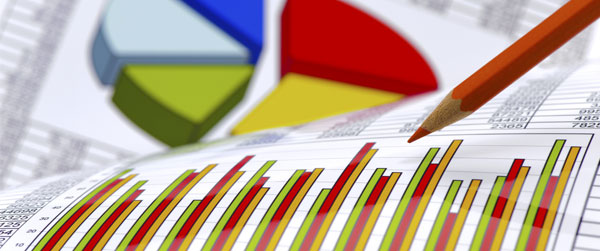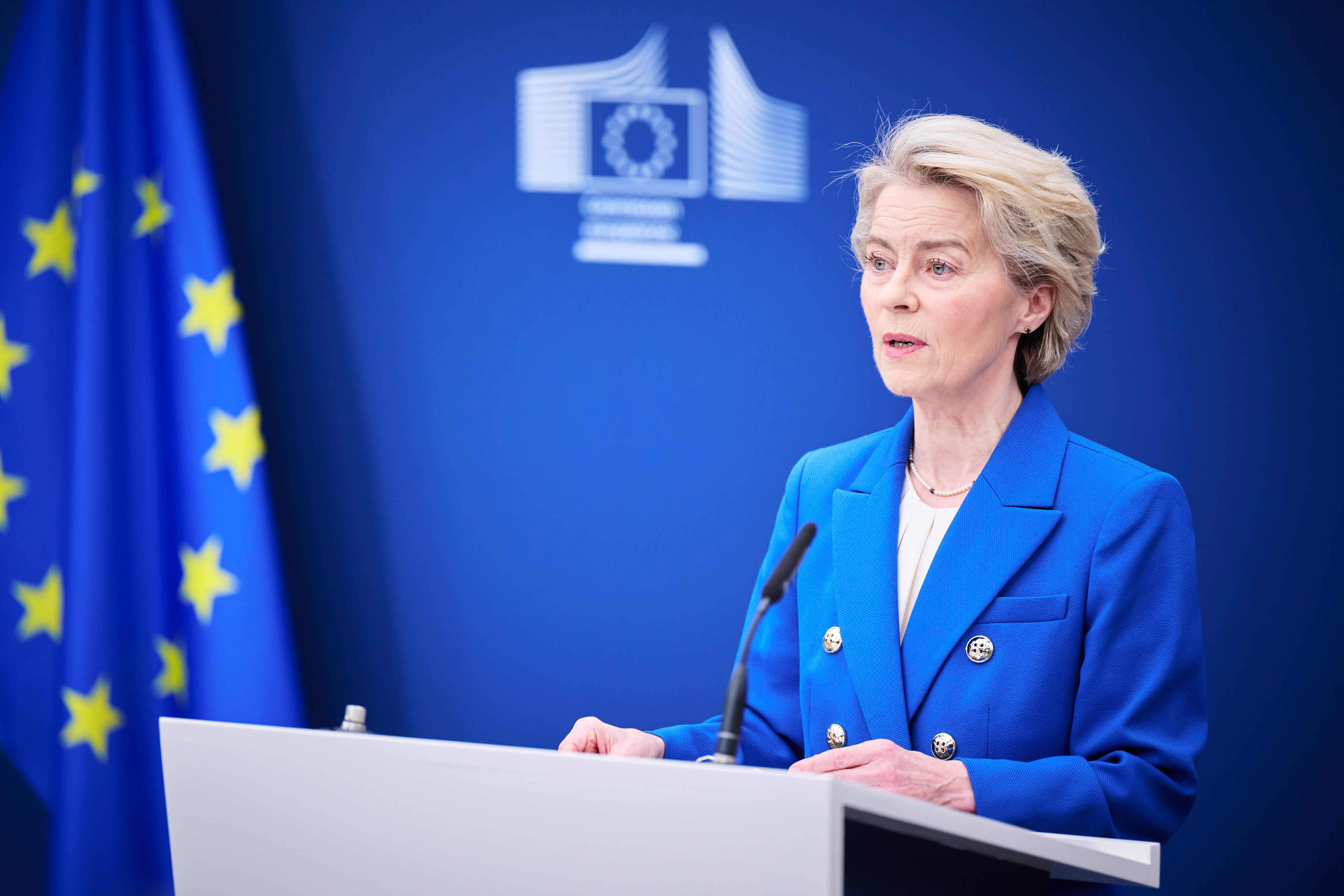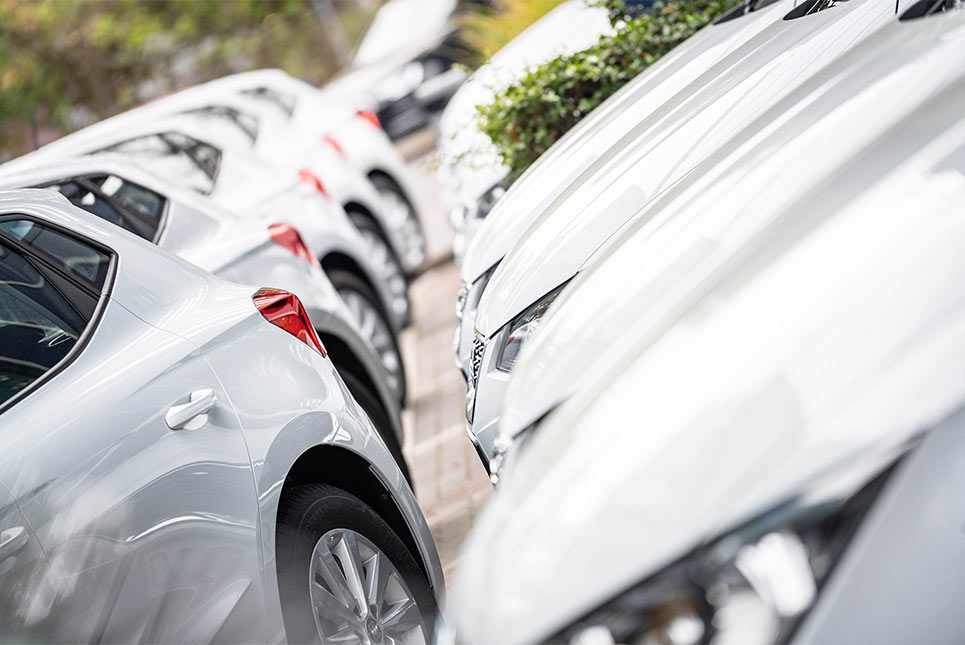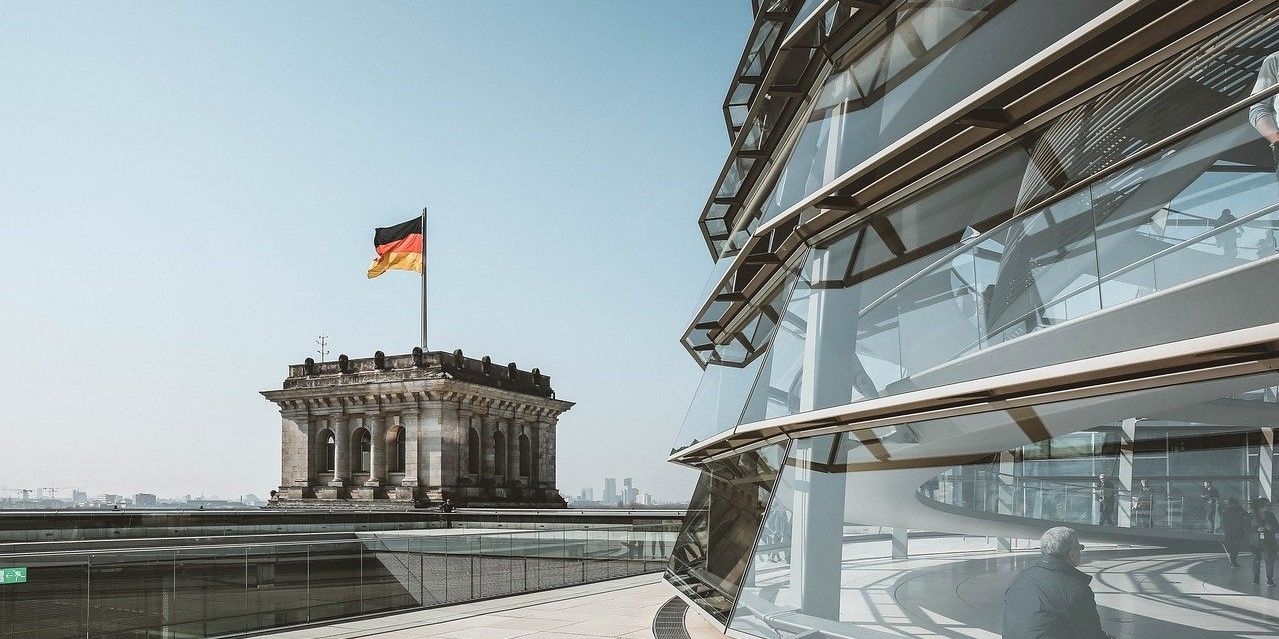In July, the German passenger car market grew by 4.7 percent year-on-year. A total of 332,788 new passenger cars were registered. July this year had one more working day than in the previous year. Since the beginning of the year, the Federal Motor Transport Authority has counted 2.18 million new registrations. This corresponds to an increase of 1.2 percent. The market share of the international manufacturers continued to rise. The VDIK members sold 844,065 new passenger cars between January and July, reaching a share of 38.7 percent (previous year: 38.3 percent).
VDIK President Reinhard Zirpel said: “The German passenger car market remains robust and is thus bucking the trend of most important markets that have turned negative. Despite the very high level that has already been reached, growth is still being recorded after seven months”.
Since the beginning of 2019, new registrations of diesel passenger cars have risen significantly faster than the overall market: by 3.6 percent compared with the same period last year. Since December 2018, the diesel share has increased continuously. In the first seven months of this year, 32.9 percent of all new cars were delivered with diesel engines, 59 percent with petrol engines. According to KBA, 8 percent of newly registered vehicles had alternative drive systems. These include battery electric cars, hybrids, plug-in hybrids, fuel cell vehicles and gas-powered passenger cars.
In July, new private registrations rose by 2.7 percent to over 120,000 units. Throughout the year, the private market declined slightly, but still reached its second-highest level since 2009. Import brands increased their share of private registrations to 47 percent in the current year (previous year 45.9 percent).





